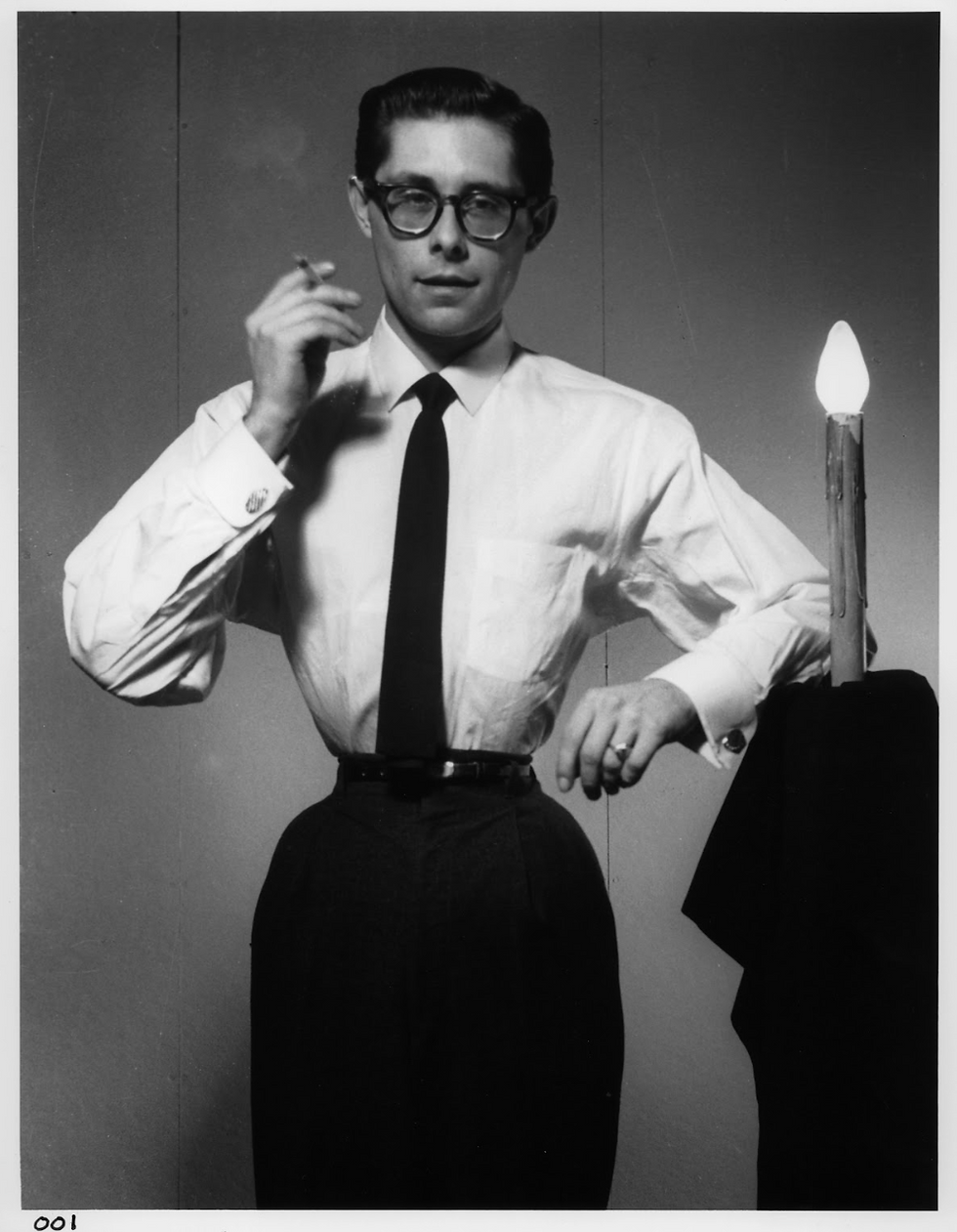Review: Moving ‘Wilhelmina’ at Hollywood Fringe Festival
- Dondre Tuck

- Jun 18, 2025
- 3 min read

Written by Cheyenne Washington and directed by Mustafa Mahdi, “Wilhelmina” is a powerful and emotionally nuanced period piece debuting at the Hollywood Fringe Festival. Set in the 1950s, the story follows an aspiring jazz singer who relocates from New York to Virginia in search of work as a nanny. What unfolds is a layered exploration of self-identity, class divisions, postpartum struggles and forbidden love.
The play centers around four main characters and a baby, whose presence — though silent — deeply impacts the lives and relationships of the adults around it. All the actors are fully committed, with strong chemistry among them, particularly between the characters of Brayson (Tanner Hake) and Willow (Washington). Their tension is palpable, adding an intensity that elevates the emotional stakes of the narrative.
Special recognition to Washington for not only her writing but also her performance — her sustained period-accurate accent and emotional authenticity brings a grounded realism to the show.

Director Mustafa Mahdi’s vision is clear and intentional. From the very first scene, the audience is drawn into the world of “Wilhelmina,” thanks to purposeful blocking and well-paced storytelling. Each moment feels deliberate and necessary, with the narrative moving forward in a way that keeps the audience both emotionally engaged and intellectually curious.
Visually, the production embraces its 1950s setting through thoughtful costume design (by Indeya Dynice) and hairstyles that reflected the period. The set (designed by Emily Blair) is minimal but effective, allowing the actors room to fully embody their roles without distraction. Lighting is generally strong in supporting the atmosphere, though during a recent performance there were a few technical missteps during transitions that disrupted the flow slightly. However, knowing this was only the second performance, these are forgivable growing pains.
Sound design is simple and functional, with few major cues. While some audio moments — like the baby crying — were either missed or came in too strongly during a recent performance, the overall soundscape supports the performance well enough without detracting from it.

Thematic depth is where Wilhelmina truly shines. Issues of classism are subtly but powerfully woven into the dialogue, particularly in interactions between the characters of Willow and Martha (Elektra Cohen). The play doesn’t scream its messages — it lets them simmer. Postpartum struggles are also delicately yet clearly portrayed, offering a window into a topic rarely explored in period drama. At the heart of the play, though, is forbidden love — a force that drives much of the emotional tension and character conflict throughout.
Though I attended a late 10 p.m. show, the audience remained fully engaged — a testament to the strength of the performances and the storytelling. I left both moved and reflective. “Wilhelmina” is a thoughtful, well-acted original work with a strong emotional core and timely themes. With some tightening on the technical side, this play has immense potential for future runs. Highly recommended.
“Wilhelmina” continues at The Broadwater, 1078 Lillian Way, Los Angeles, with performances Friday, June 20 at 8 p.m., Saturday, June 21 at 3 p.m. and Monday, June 23 at 6:30 p.m. Tickets are $25 and can be purchased through HollywoodFringe.org. Run time is 90 minutes.



Comments